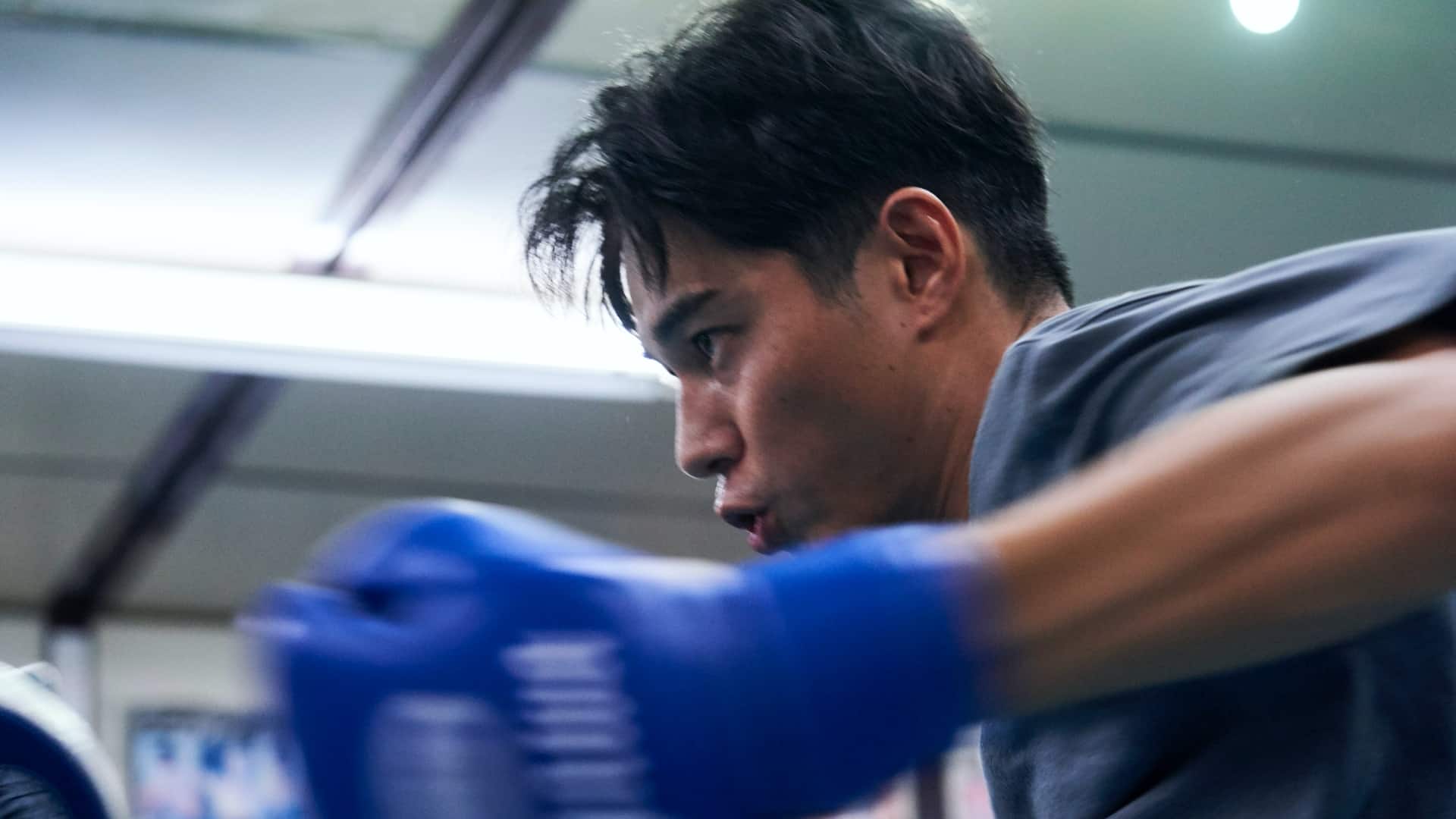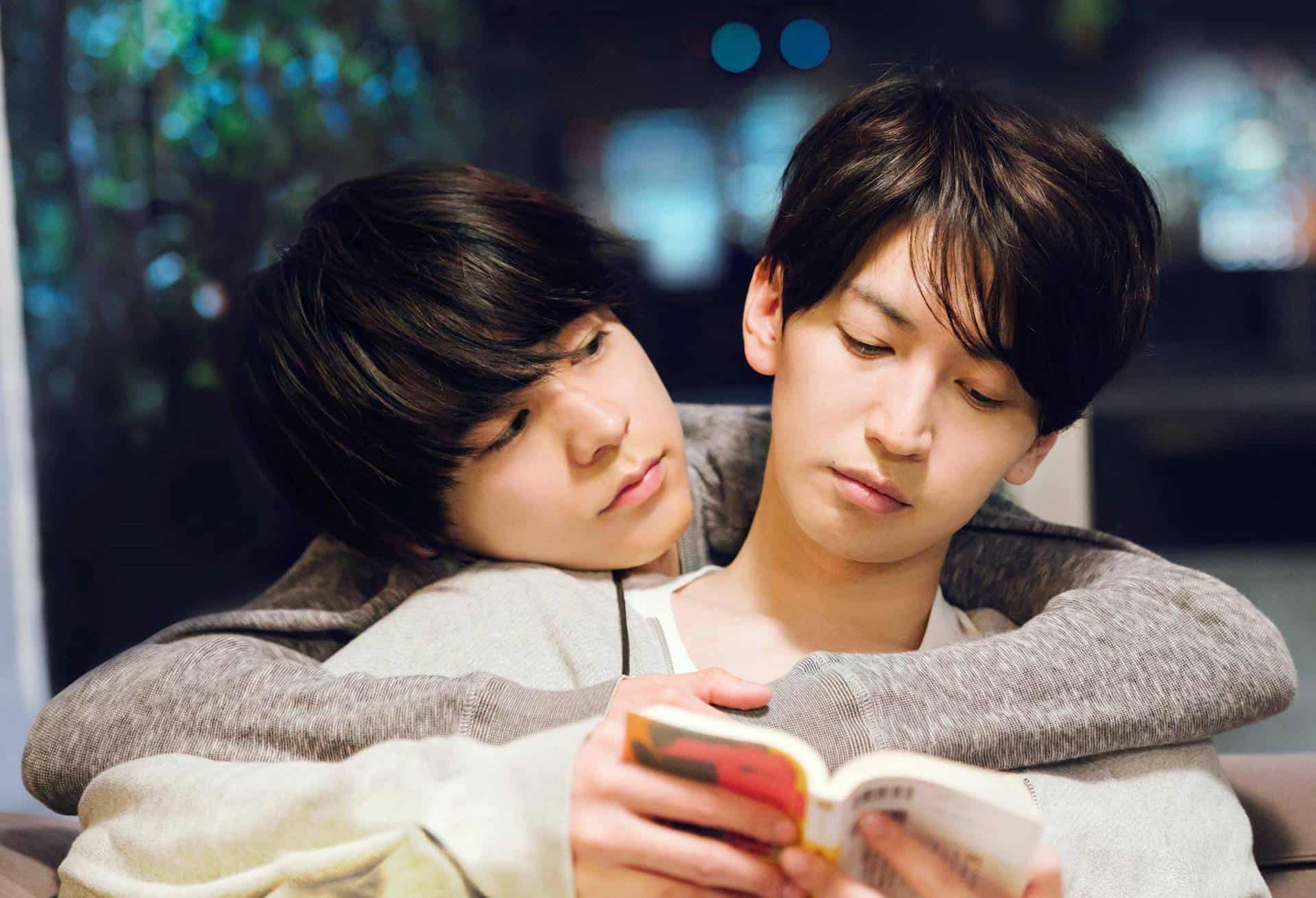Kiichiro Kimura's “Similarity” is one of those delightful little shorts, with a premise which is both absurd and relatable in equal measure. In a short space of time, the scenario is set-up, developed and smashed to pieces in a comedic turn at the end.
“Similarity” is screening at Skip City International D-Cinema Festival

Tanaka (Ippei Osako) is being interviewed after receiving an award for this advertising campaign promoting society's ‘hidden children.' Taking a break from interviewing, he spies old college friend Yusaku (Sho Mineo) who is at the creative agency for a job interview. Bringing some of his work for the agency to view, he has accidentally brought with him an old college piece that looks suspiciously like Tanaka's now award-winning campaign. Quickly realising the embarrassment and damage this could bring to the agency, Tanaka's bosses want him to quickly handle the situation, i.e. buy the painting off Yusaku at whatever cost.

The two leads are a deliberate odd-couple, wondering how they ever could have been friends when at art school. But it is obvious to see the dynamic between the two: Tanaka is the dashing, young face of the agency, with a smooth sophistication to match; Yusaku is a bumbling oddball, nervous with his own unique style, but with that, of course, natural talent. Tanaka knows he is safe in copying Yusaku's work, as he's simply happy for Tanaka to talk to him, and so easy to manipulate.
But this is Tanaka's downfall. Arriving at Yusaku's home, he believes it is a simple case of naming a meagre price and getting away with his future career intact. But Yusaku's pregnant wife Emi (Reiko Mori) is smarter than this. The agency Yusaku interviews for and the painting accidentally being in his bag at the interview are no coincidence. Yusaku isn't the only one who can manipulate.
The characterisation is a strong point in Tanaka and Yusaku, being both caricatures, but also believable examples of people in the workplace. Tanaka is a classic case of high reward, low effort, able to work his way up in his career. Yusaku, however, is the creative spark, but too honest to take advantage of his talent.
Director Kimura's varied career includes corporate advertising, and so he is adept at getting his message across in a short time frame, with neat storytelling and a punchy finish. Indeed, the ending may come across as something of an easy copout, as Tanaka has nowhere to turn, though sings in tune with the absurdity throughout.















